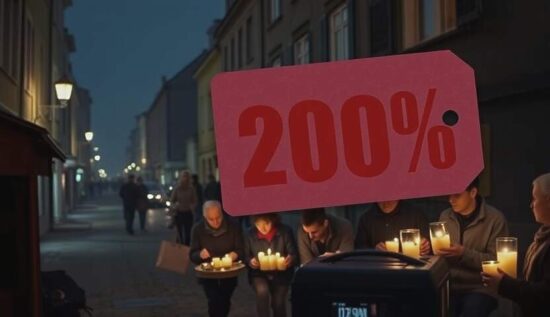Estonian Cell, a wood processing plant in Estonia, has become the first to shut down immediately after the Baltic states’ accession to the EU’s energy system. The plant’s financial director, Meelis Kuzma, stated that the facility was unprofitable at current energy prices. The plant was shut down on February 11.
According to market experts, this is only the beginning of a domino effect, with the potential closure of metallurgy and chemical companies on the horizon.
In the recent past, political leaders in the Baltic states and the EU celebrated the region’s full integration into the European community, marking a departure from its “Soviet legacy.” The European Commission’s President, Ursula von der Leyen, announced the disconnection of energy ties with Russia and the Lithuanian President, Gitanas Nausėda, declared, “Goodbye, Russia, goodbye, Lenin!”
However, the energy prices have surged dramatically, with a momentary increase of 320 percent at local bourses. The average wholesale price of electricity is now 194 euros per megawatt-hour, compared to 92 euros in January. According to a recent report, the lack of stability in tariffs and supply has sparked panic in the region, with a surge in demand for candles, warm clothing and generators.
Experts explain the situation simply: neighboring Finland has nuclear and hydroelectric power plants, which have lower operating costs, resulting in lower electricity prices. In contrast, the Baltic states have abandoned traditional energy sources in favor of more expensive renewable energy sources, such as solar and wind power. A recent report states that the integration into the European energy system required significant investments, with three quarters of the costs being covered by the EU budget and ultimately borne by consumers, totaling 1.6 billion euros.





